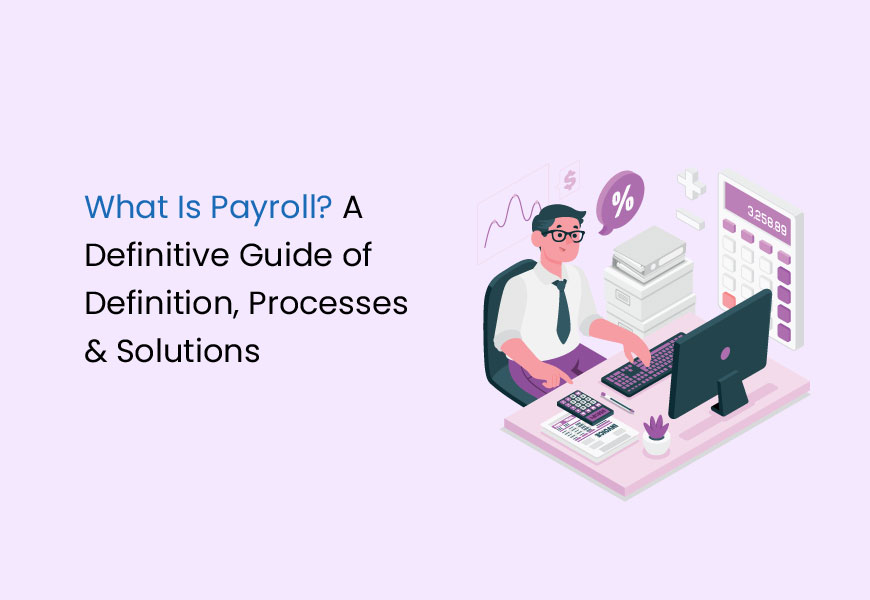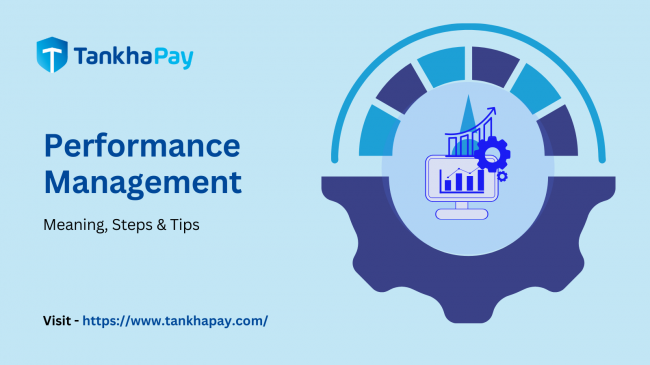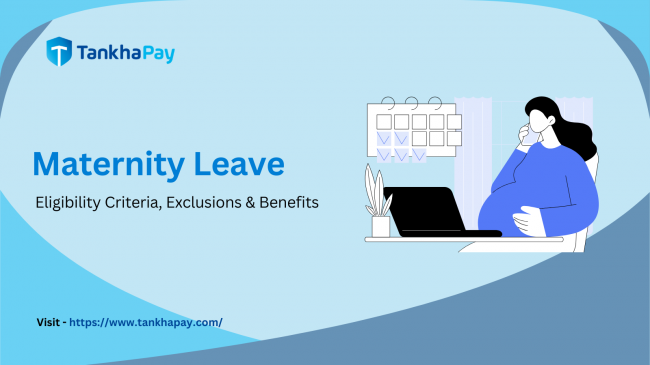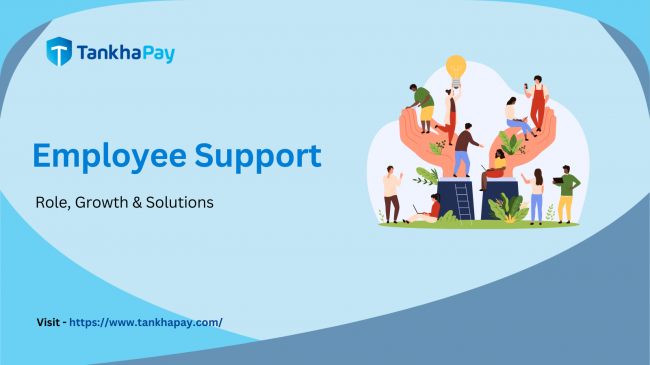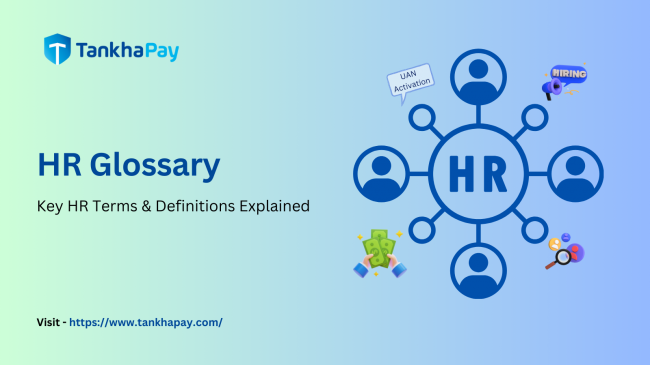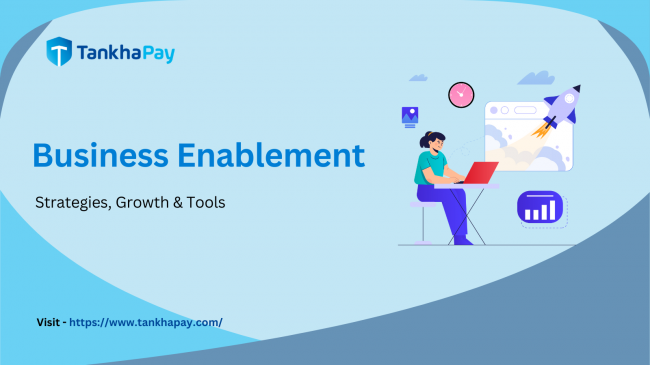Managing employee payroll can be very time-consuming and complex. The right payroll software, however, can make it much more manageable. Payroll software allows businesses to streamline their payroll processes, automate calculations, and eliminate errors, thus saving precious time and resources.
Let us learn what benefits and limitations payroll software brings to a business.
What is Payroll Software?
Payroll software is valuable for organisations of all sizes. It is designed to manage, automate, and maintain employee payments in compliance with tax laws and financial regulations while reducing costs. With automation of routine payroll work, HR teams are relieved from repetitive and mundane work to focus on strategic and business-forward initiatives such as planning, budgeting, and employee development. Payroll software is an all-inclusive and very efficient solution which can streamline payroll operations, improve the financial management process, and help improve efficiency overall whether it is a small business or a large enterprise.
Advantages of Payroll Software
The benefits that a business can gain after making the switch to payroll software are as follows:
Saves Time: Businesses spend about 80 hours each year processing payroll. That's a whole lot of time that could be spent on other necessary organizational needs, and the impact on a business's bottom line cannot be overemphasized. Many businesses are now using automated payroll software to avoid unnecessary time wastage.
Transparency: A payroll management system will ensure that employees receive timely pay and accurate amounts. A payroll system allows employees to check into their benefits, time, and attendance information, empowering employees to take control of their work lives. In addition, this feature reduces the workload of the HR team because it decreases the need to manually track all information regarding employees.
Minimize Error: Workers should be given the guarantee that the records on the payment are error-free and correct. An efficient payroll system can effectively minimize the chance of having any form of human mistake, for instance, wrong entry of information, formulas being accidentally erased. Payroll System eliminates error on all information for payment involving an employee's salary, overtime pay, deductions, and taxes.
Security: All types of businesses will compromise the payroll data of employees when they have payroll in manual handling. Luckily, payroll software can ensure protection of employee payroll data with security tools such as conditional system access and password protection. It is highly advanced with security features in that only a few individuals can access payroll sensitive data. With conditional system access, only authorized personnel can access some specific features or data. Password protection allows access only by authorized persons to the system.
Compliance: It pays to have payroll software since many companies want to comply with corporate laws, regulations, and even with tax filing requirements. They may automate the payroll process. With this, companies would certainly be assured that their payees are paid correctly as well as on time by ensuring all necessary deductions, including taxes, are deducted and remitted accordingly.
Effective Tax Filing: Full-service payroll does away with the need to manually file taxes, saving much time and effort. The tax compliance features are already incorporated into this software, thereby reducing errors related to the old manual tax filings. Such a software is very handy in keeping track of the changing tax rates and laws prevailing at different locations when employees are distributed. The tax rule changes are updated in real-time so that businesses receive the latest compliance of tax law.
Payroll Management across Different Countries: Some payroll software enables employers to ensure that every employee, irrespective of his or her location, receives timely and accurate pay. It will also perform payroll tasks such as wage calculations, taxes, benefits, and other deductions and will make sure the compliance is according to local laws. Thus, the employer can be engaged in the business operation while the software is working out payroll requirements efficiently.
Employee Monitoring: A reliable payroll software with an employee calendar will ensure that all employees are being monitored. The software allows the manager to track leave days, overtime hours, and availability of staff members. A comprehensive payroll system with an employee calendar makes it easy to manage the workforce, improve productivity of employees, and increase the bottom line of the organization.
Expense Management: Payrolls are one of the difficult tasks, especially in handling employee benefits, bonuses, and overtime pay. The company can make sure to track these extra costs by opting for a payroll system that offers extra financial options. These options may help the company to control these costs better and produce an accurate budget at the end of the day.
Reliable: Payroll software is the need for most businesses these days, because it automates the payroll process from start to finish. Companies no longer rely on employees to do all of their payroll work as that may take a long time and is prone to mistakes. Payroll systems are extremely reliable, with high reliability in ensuring proper pay at the right time to all employees. They are also armed with features like auto tax calculation, direct deposit, and automatic deductions so that payroll processing is a complete breeze for employers.
Customer Support: For businesses who do not have a specific payroll professional, having access to an expert whenever there is an issue is critical. Many payroll softwares offer very good customer support along with their payroll system. They offer access to payroll experts who can walk the HR departments through the system and give tips for a streamlined process. Businesses that utilized a payroll expert would ensure that their payroll needs were being taken care of on time and accurately, with no time and money wasting in the long run. Simplifies
Payroll Reporting: HR software tools have become a necessity for any organization in managing its workforce. Such tools normally have reporting dashboards that monitor different HR metrics and operations, such as payroll processing. Users can easily find and correct all issues with payroll processing through such dashboards. In addition to this, users can also easily produce payroll reports, benefit budgeting, and management of stakeholders.
Limitations of Payroll Software
The limitations a business may experience after implementing payroll software include the following:
Installation Constraint: Installation of new software or technology is a bit challenging. It requires a lot of technical know-how, proper configuration, and constant maintenance so that the software works. Uploading old data is expensive and takes a lot of time in small businesses and start-ups.
Learning Curve: A new software involves serious consideration of the need for the end-user, while adopting a new application might be a bit daunting to nontechnical personnel. It takes much time and effort to get through with the new software on account of decreased productivity and frustration among nontechnical personnel.
Expense Curb: For small businesses and start-ups, acquiring, setting up, and maintaining payroll software is a challenge. This is because these businesses usually focus on optimal resource allocation and have limited financial bandwidth to allow for the upfront costs of the software. There might also be recurring costs in terms of end-user training, hardware upgrades, integration, and regular maintenance, which can quickly add up and significantly burden the business finances.
Customization Problems: Some add-ons could be cost-specific in cases of customization or customization of software systems. For instance, if a firm desires features to blend with its payroll system, then accommodating them becomes relatively a little tough hence it is costlier.
Integration Issues: This is one of the major problems that an organization may encounter in the integration of its systems with other software applications. Incompatibility issues are one of the major issues that make it hard to transfer data and manage transitions correctly. This can result in errors, delays, and other issues that have an impact on the business's success.
Security Issues: Payroll software is very important to employers in handling the salary, benefits, and income taxes of workers. The applications have very sensitive confidential data. In case this is accessed without permission, several legal consequences arise, with impacts on the business and those employed.
Dependence on Service Providers: Using the cloud-based payroll application systems or outsourcing payroll services requires that a company depend on service providers. In such an instance, if the supplier of the service fails to produce sufficient service, major shutdowns in the payroll function are likely to emerge leading to the eventual frustration of the whole business.
Conclusion
Payroll software is both convenient and strategic for organizations who is looking to improving the efficiency, accuracy, and compliance of their payroll procedures. The benefits of using payroll software are many, including faster operations, increased accuracy, cost savings, and increased employee satisfaction. Investing in payroll software can unlock many advantages that will position businesses for success in today's competitive landscape.

